"Kosovo talks end on December 10"
Contact Group mediator Wolfgang Ischinger told a Vienna daily that Kosovo’s fate should be decided by early December.
Friday, 31.08.2007.
13:22

Contact Group mediator Wolfgang Ischinger told a Vienna daily that Kosovo’s fate should be decided by early December. "December 10 is the deadline, things have to be decided by then. If anyone wants to read it any other way, they are mistaken. The UN General Secretary has asked for a report, not a press release," EU’s representative to the mediating Troika Ischinger told Der Standard Friday. "Kosovo talks end on December 10" Asked where he thought it would be possible to find a compromise, the German diplomat replied that it was basically a matter of political philosophy – whether or not the problem of one side insisting on independence, while the other side insisted on autonomy, was insurmountable. Ischinger illustrated with an example to make his point: "Some people say that there is nothing in between. I am of an entirely different opinion. I recall the time when the two German nations had completely irreconcilable positions – on the one hand, you had the FRG’s call to be the representative nation, on the other the GDR who wanted to be recognized as an independent entity." The diplomat points out that the international community "must convince the two sides that a compromise is a thousand times better than any unilateral solution. " "However I’m a realist, like the other members of the Troika, and the chances of finding a compromise after everything that has gone on are small," he added. Ischinger went on to say there was no question of partition, as neither side had given any basis for such an idea, nor that he himself saw any need for it in the future. "However, if you take limited supervised independence and extended autonomy, which Serbia has sadly thus far failed to outline sufficiently, then we could end up spending more time arguing over ideas than content," said the minister. Speaking of the mediating Troika, he added that that format was functioning, even though it had come about as a result of the failure of the Ahtisaari process. "We have thus far organized things surprisingly well. Moreover it’s clear that it’s up to the EU, and by association me, to act as the primus inter pares, given that a European problem is at stake here, that it requires a European solution, and that it’s the EU who will have to deal with the consequences. The other two members accept this." Asked whether a unilateral solution would tear Europe apart, Ischinger expressed the hope that the EU would have to prepare itself for a compromise. "Should we fail to reach one, which is realistic given the almost certain outcome, we will have to adapt to an alternative. We mustn’t have a situation whereby the EU through the voice of Mr. Ischinger speaks with one voice during the Troika process, and after December 10 with twenty-seven. I can assure you that we’re working intensively on that too." The German diplomat stressed that, "it would be a disaster if we allowed ourselves to be divided over this question." "I admit that some states are extremely concerned. Furthermore, everyone knows that an agreement has to be reached, as otherwise common foreign and security policy would come under severe threat," Ischinger warned. Wolfgang Ischinger (FoNet)
"Kosovo talks end on December 10"
Asked where he thought it would be possible to find a compromise, the German diplomat replied that it was basically a matter of political philosophy – whether or not the problem of one side insisting on independence, while the other side insisted on autonomy, was insurmountable.Ischinger illustrated with an example to make his point: "Some people say that there is nothing in between. I am of an entirely different opinion. I recall the time when the two German nations had completely irreconcilable positions – on the one hand, you had the FRG’s call to be the representative nation, on the other the GDR who wanted to be recognized as an independent entity."
The diplomat points out that the international community "must convince the two sides that a compromise is a thousand times better than any unilateral solution. "
"However I’m a realist, like the other members of the Troika, and the chances of finding a compromise after everything that has gone on are small," he added.
Ischinger went on to say there was no question of partition, as neither side had given any basis for such an idea, nor that he himself saw any need for it in the future.
"However, if you take limited supervised independence and extended autonomy, which Serbia has sadly thus far failed to outline sufficiently, then we could end up spending more time arguing over ideas than content," said the minister.
Speaking of the mediating Troika, he added that that format was functioning, even though it had come about as a result of the failure of the Ahtisaari process.
"We have thus far organized things surprisingly well. Moreover it’s clear that it’s up to the EU, and by association me, to act as the primus inter pares, given that a European problem is at stake here, that it requires a European solution, and that it’s the EU who will have to deal with the consequences. The other two members accept this."
Asked whether a unilateral solution would tear Europe apart, Ischinger expressed the hope that the EU would have to prepare itself for a compromise.
"Should we fail to reach one, which is realistic given the almost certain outcome, we will have to adapt to an alternative. We mustn’t have a situation whereby the EU through the voice of Mr. Ischinger speaks with one voice during the Troika process, and after December 10 with twenty-seven. I can assure you that we’re working intensively on that too."
The German diplomat stressed that, "it would be a disaster if we allowed ourselves to be divided over this question."
"I admit that some states are extremely concerned. Furthermore, everyone knows that an agreement has to be reached, as otherwise common foreign and security policy would come under severe threat," Ischinger warned.










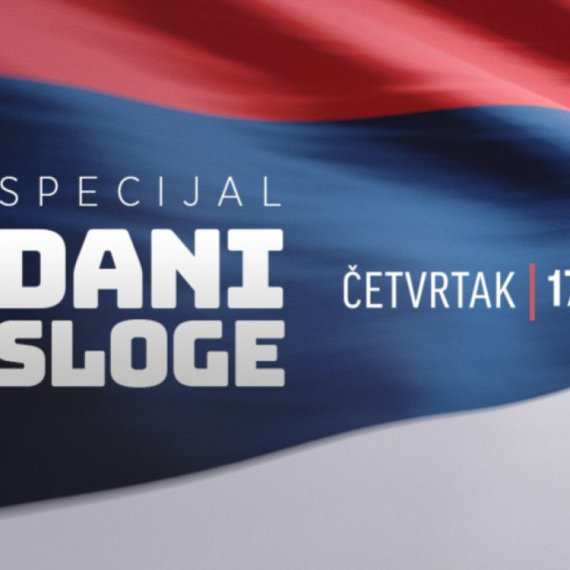





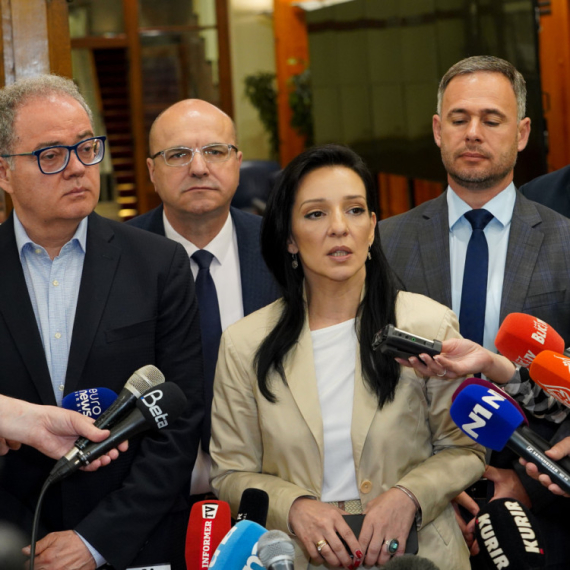



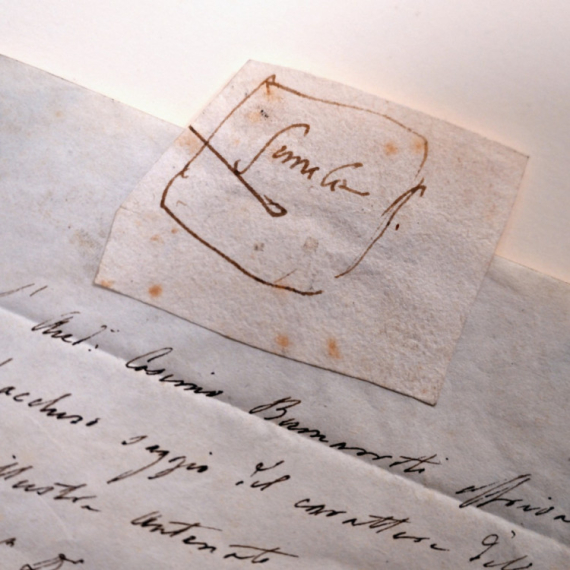

















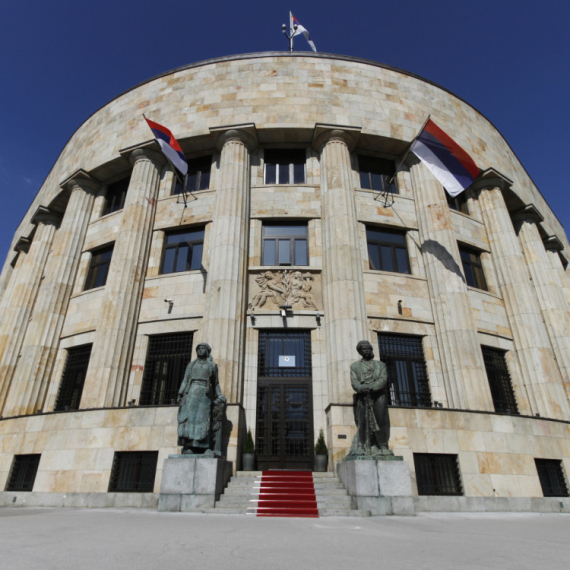

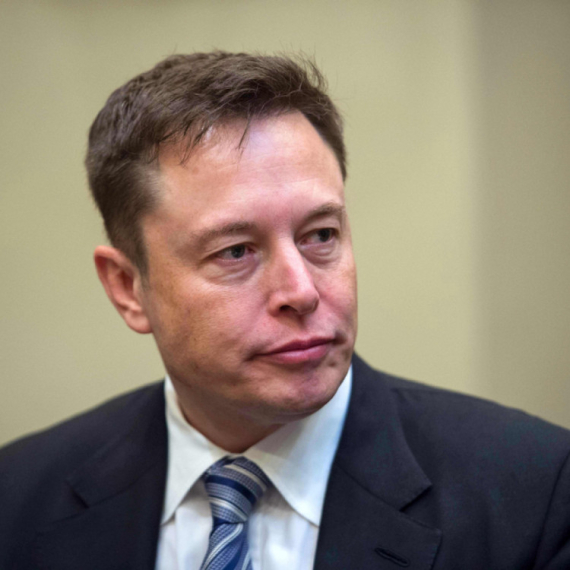











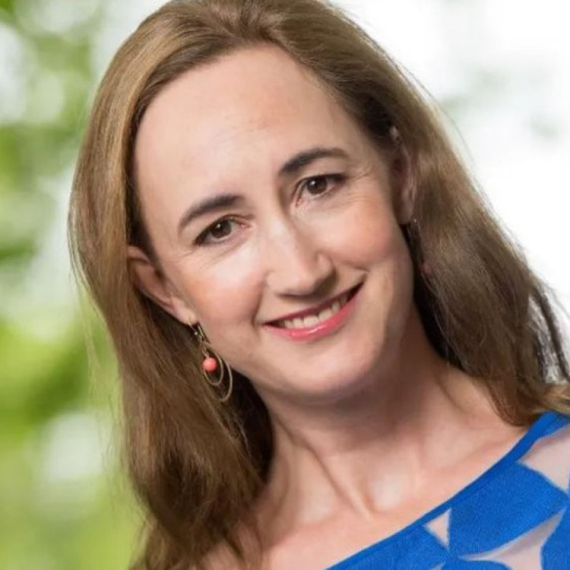
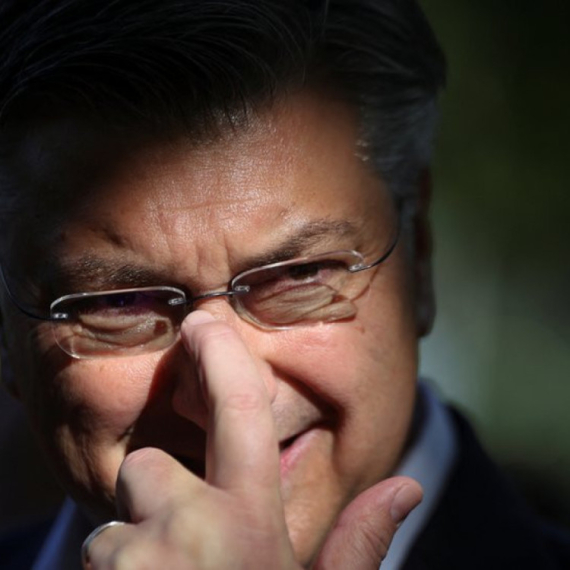
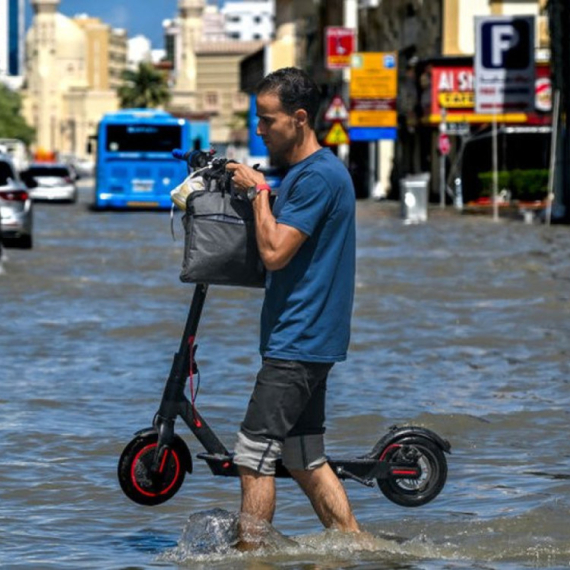



Komentari 42
Pogledaj komentare